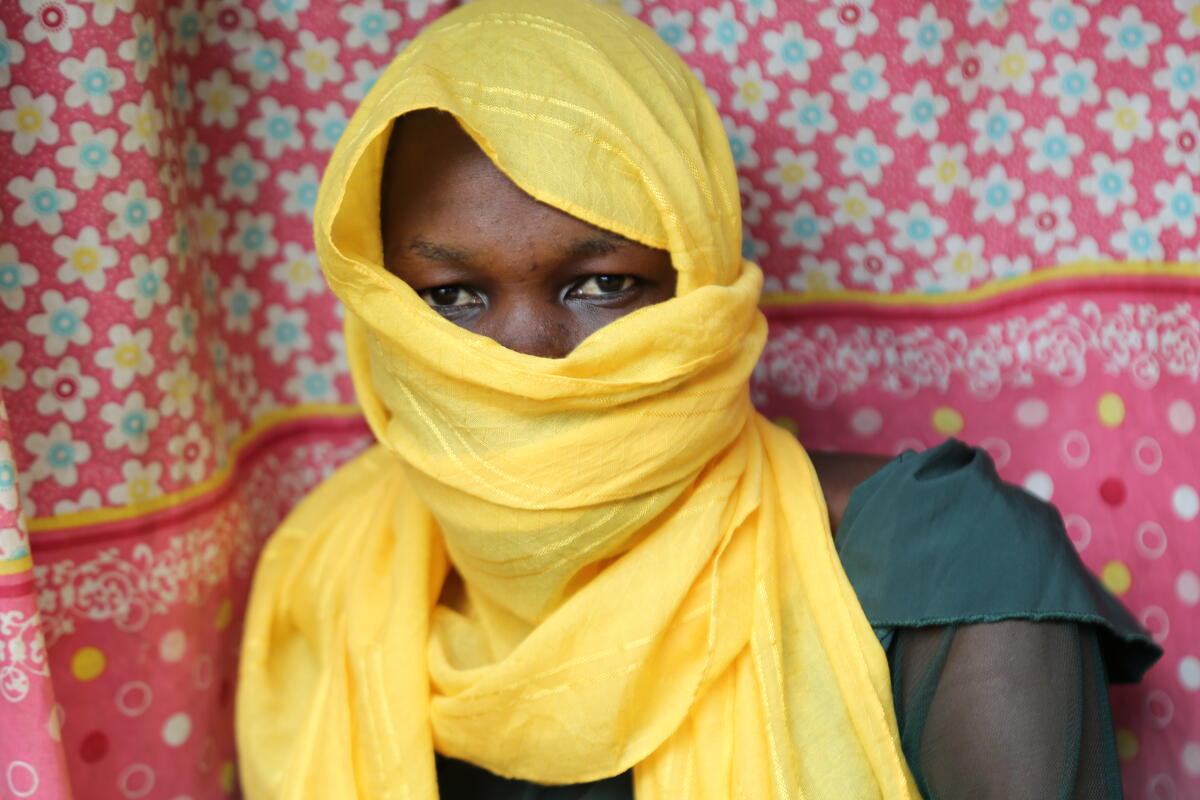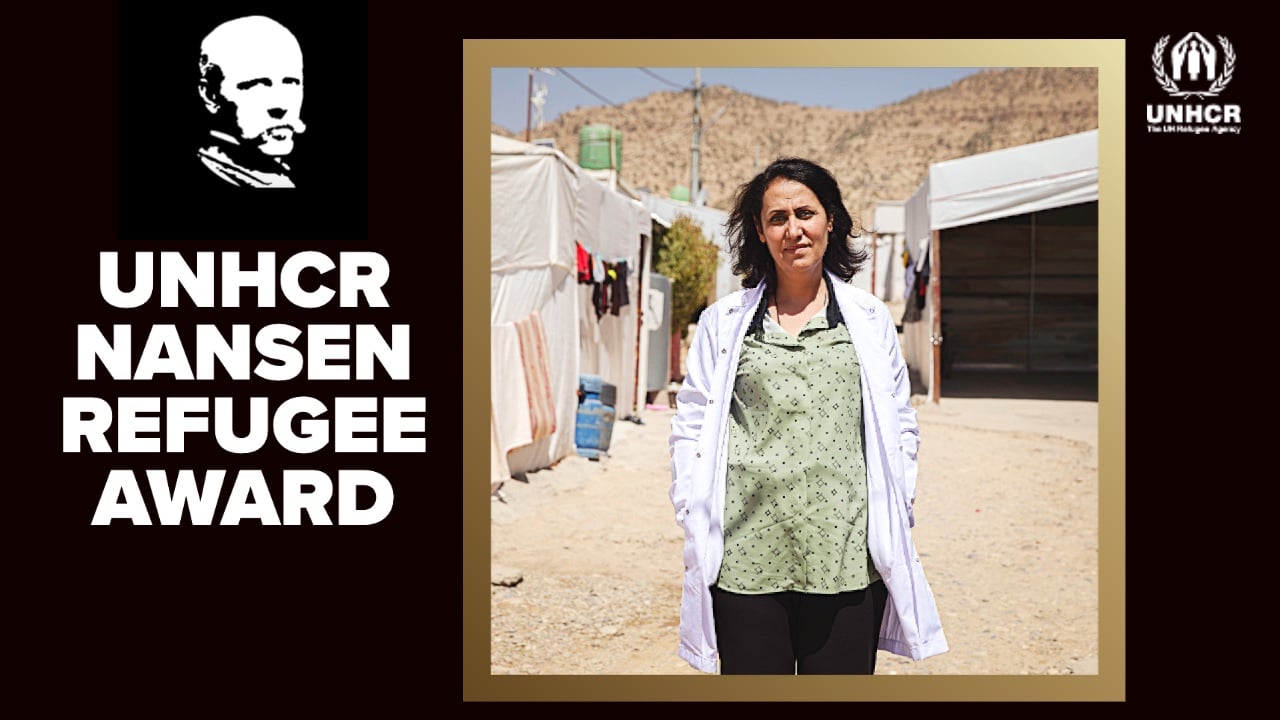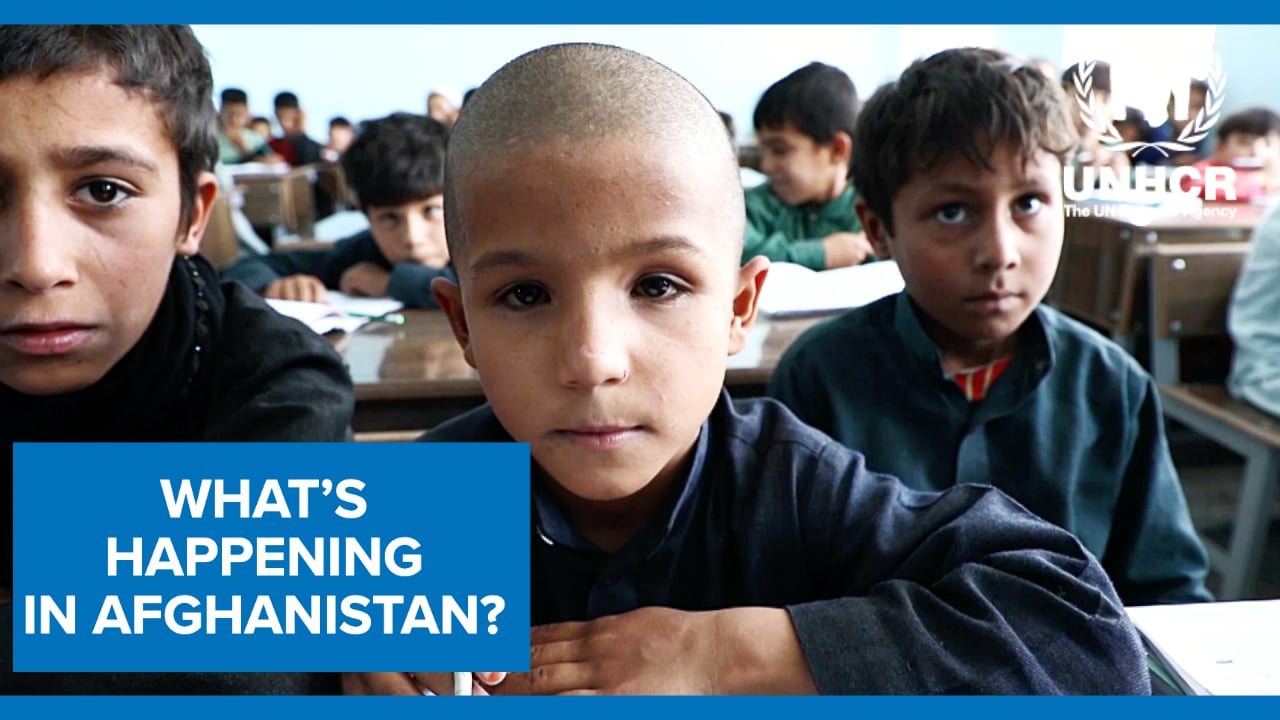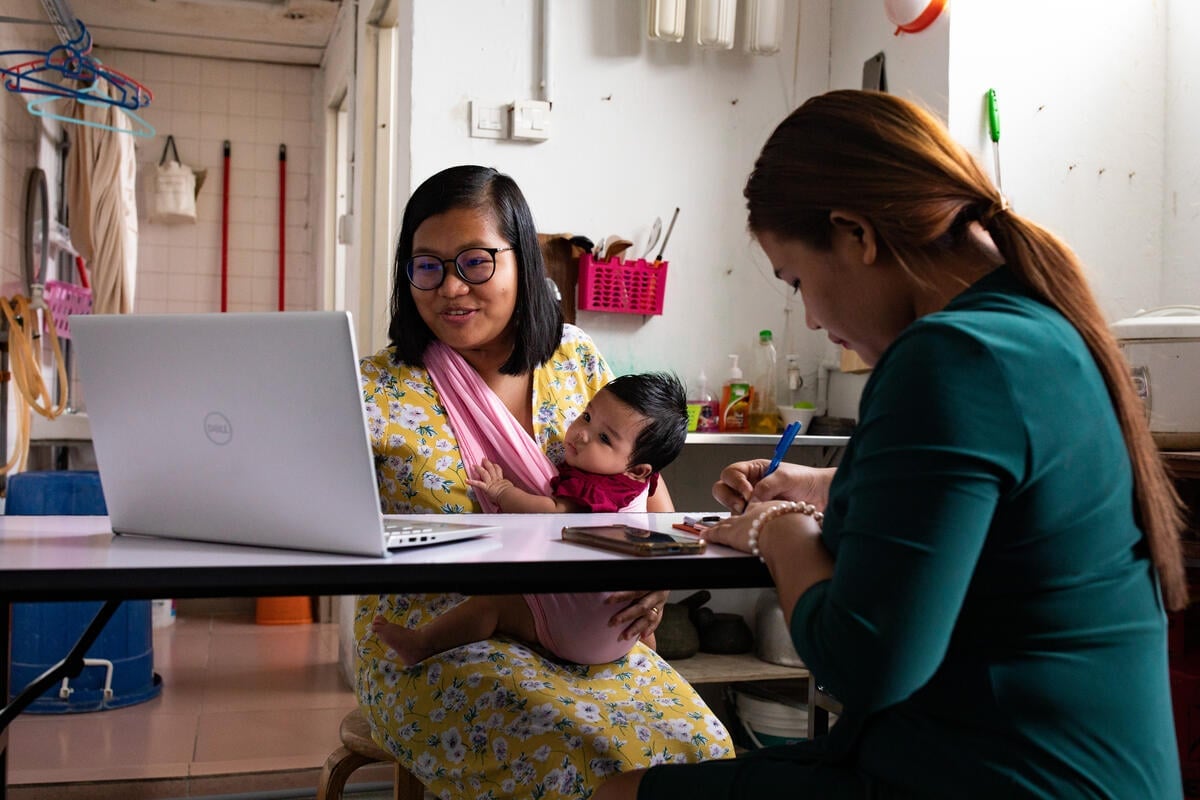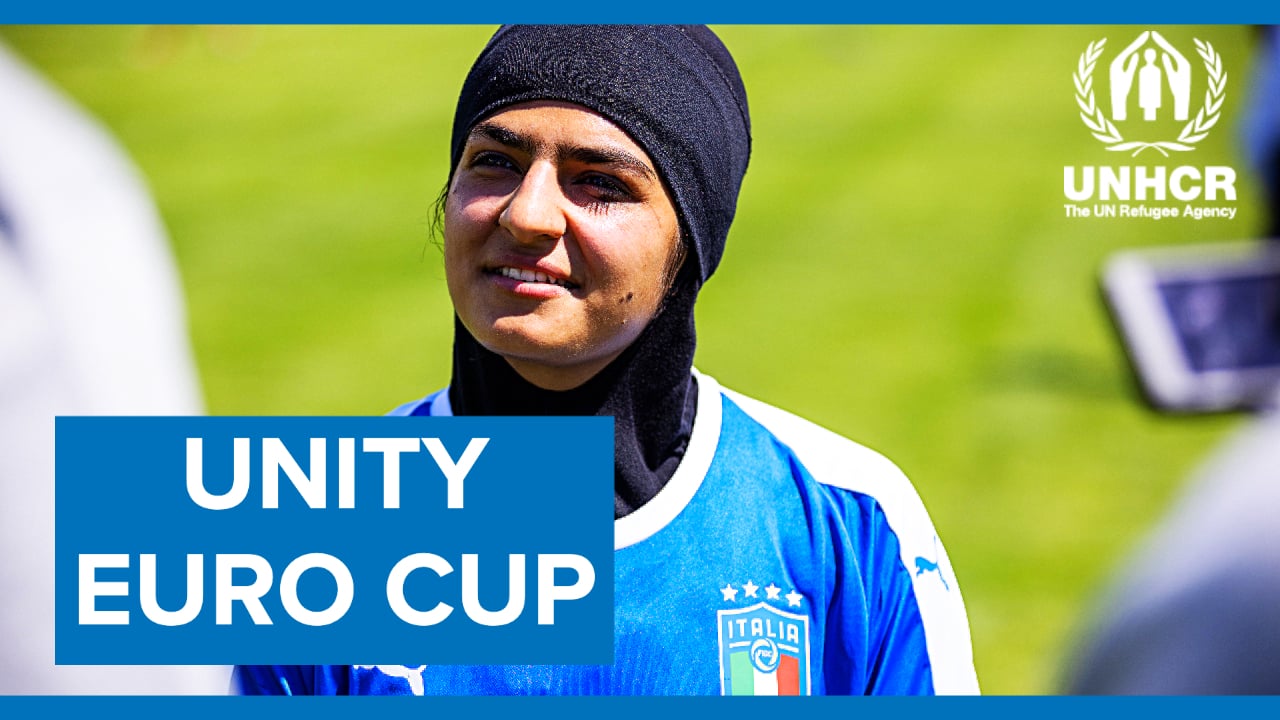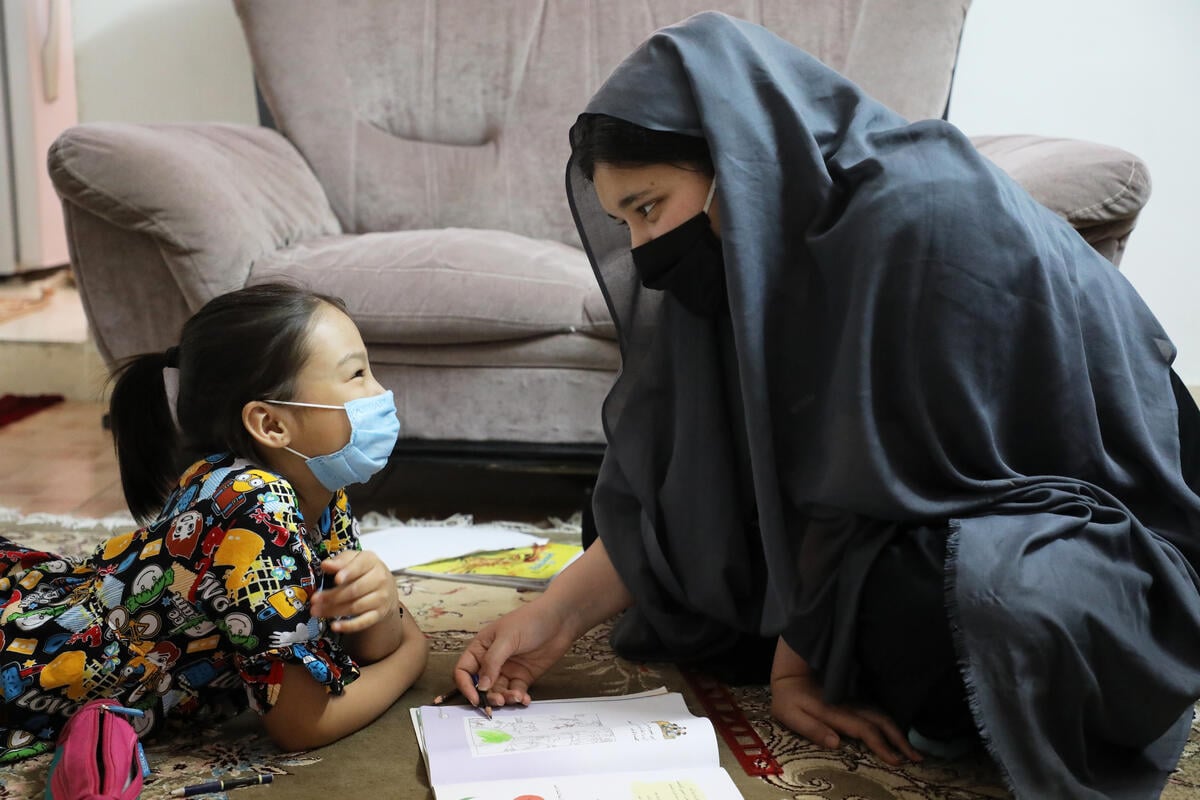More than 300 make use of first free clinic for refugee women in Kuala Lumpur
More than 300 make use of first free clinic for refugee women in Kuala Lumpur

KUALA LUMPUR, Malaysia, September 18 (UNHCR) - An unprecedented free clinic for female refugees proved a huge hit at the weekend when more than 300 women queued up to see doctors at a community centre in Kuala Lumpur.
Volunteers turning up at dawn on Sunday to run the half-day clinic - organized by the UN refugee agency with funding from the private Obstetrical and Gynaecological Society of Malaysia (OGSM) and the IS Puvan OBGYN Foundation - were amazed to see dozens of women waiting for the medics.
Most of those using the facility were refugees from Myanmar. "We were taken aback. We'd never seen this before at any of our other clinics. It was only 6.00am and at least 50 refugee women were already there," said OGSM volunteer Chong.
The number had swelled to more than 300 women by the time the clinic opened three hours later offering services such as pap smears, breast examination, blood glucose and blood pressure tests, HIV testing and counselling, and consultations and referrals. Volunteer staff also gave advice on ante-natal care, sexually transmitted diseases and birth control.
The OGSM holds free clinics for underprivileged Malaysians, but this was the first time they had held one for refugees. Some of the medics had never met refugees before, but the success of the exercise has prompted organizers to consider holding another session at a different location.
Sunday's session clearly filled a gap in a country where 30 percent of the 37,000 UNHCR-registered refugees and asylum seekers are women. Most of them could never afford a visit to the gynaecologist at a private or public hospital.
"The delivery was expensive and we had to borrow money from friends. So after that, I could not afford to see the doctor again even though I felt some pain," explained Pham, a 29-year-old ethnic Chin refugee from Myanmar, who was seeking post-natal treatment a month after giving birth.
Many of the women who turned up at the clinic were young mothers or pregnant women who wanted advice on health care for themselves and their babies during pregnancy and after delivery.
"My son was born six months ago, but he hasn't been well," said Sui, another young Chin woman. "My husband earns only 15 ringgit (US$3.00) each day working at a market. This is not enough for the hospital bills. Our friends lent us money for my son's treatment because we cannot afford it."
Sui has been suffering from pains in her abdomen for several months, but could not afford the extra expense on top her son's medical fees. The free clinic was a chance for her to talk to a gynaecologist.
"We tend to only see the women at the later stages of illness," Susheela Balasundaram, a UNHCR senior programme assistant for health, said. "They don't see a doctor until they can't avoid it any more," she added.
"Cost of health care, fear of meeting doctors because of language barriers, all play a part in preventing refugee women from getting treatment. That is why this clinic is so important," Dr Balasundaram said.
Tang Boon Nee, treasurer of the OGSM, said the response to the free clinic was eye-opening. "Malaysians take health care for granted. We know we can get treatment when we need it. For refugees, there is no alternative - they rely on free clinics like this," said Dr Tang.
The point was reiterated by volunteer Kavitha Ramachandran, a staff nurse at a local hospital who did not realize before Sunday that there were refugees in Malaysia. "The refugee women said they are scared to see doctors; I think they are scared that the doctors might report them. This is a safe space for them to get treatment," she said, adding: "I'm happy to help today and I will volunteer again at the next clinic."
By Yante Ismail in Kuala Lumpur, Malaysia



